Psychiatric medications, also known as mental health medications, are powerful tools that can help balance brain chemistry and support emotional well-being. Whether prescribed for depression, anxiety, bipolar disorder, or schizophrenia, these medications are based on decades of scientific research into how the brain works. Understanding how they function can help reduce stigma, build trust in treatment, and empower individuals to make informed decisions about their mental health care.
How Psychiatric Medications Work
The brain communicates through a network of neurons, which send messages using chemicals called neurotransmitters. Common neurotransmitters involved in mental health include:
- Serotonin – affects mood, sleep, and appetite
- Dopamine – involved in pleasure, motivation, and focus
- Norepinephrine – impacts alertness and energy levels
- GABA – helps calm overactive brain activity
Psychiatric medications work by either increasing or decreasing the levels of these neurotransmitters to restore a more balanced state. Each class of medication targets specific neurotransmitters or brain receptors, helping to relieve symptoms of mental health conditions.
Common Types of Psychiatric Medications
- Antidepressants – Often used for depression, anxiety disorders, and PTSD.
- How they work: Many antidepressants increase serotonin and/or norepinephrine in the brain.
- Examples: SSRIs (e.g., fluoxetine), SNRIs (e.g., venlafaxine), and tricyclic antidepressants.
- Antipsychotics – Used for schizophrenia, bipolar disorder, and severe depression.
- How they work: These medications typically block dopamine receptors to reduce symptoms like delusions or hallucinations.
- Examples: Risperidone, olanzapine, aripiprazole.
- Mood Stabilizers – Help manage mood swings in bipolar disorder.
- How they work: They stabilize brain activity and reduce abnormal excitability.
- Examples: Lithium, valproate, lamotrigine.
- Anxiolytics (Anti-anxiety medications) – Used for short-term anxiety relief.
- How they work: Many increase GABA activity to calm the nervous system.
- Examples: Benzodiazepines like lorazepam or clonazepam.
- Stimulants – Often used to treat ADHD.
- How they work: They increase dopamine and norepinephrine, improving attention and focus.
- Examples: Adderall, Ritalin, Vyvanse.
Are Psychiatric Medications a Cure?
Psychiatric medications are not a “cure,” but they are highly effective in managing symptoms so that people can lead stable, fulfilling lives. Many individuals use medications in combination with therapy and lifestyle changes for best results. Like any treatment, it may take time to find the right medication and dose, and some trial and error may be needed under a provider’s care.
The Importance of Medication Management
Because psychiatric medications affect brain chemistry, they should always be taken as prescribed and monitored by a licensed provider. Medication management ensures:
- Proper dosage and timing
- Monitoring for side effects
- Adjustments based on symptoms
- Evaluation of long-term effectiveness
Never stop taking psychiatric medications abruptly without consulting a provider, as this can lead to withdrawal symptoms or a return of mental health symptoms.
Frequently Asked Questions (FAQ)
Q: How long does it take for psychiatric medications to work?
A: Most medications take 2–6 weeks to show noticeable improvements. Some people may feel relief sooner, while others need more time or dosage adjustments.
Q: Are psychiatric medications addictive?
A: Most are not addictive. However, some medications, like benzodiazepines or stimulants, may carry a risk of dependence and are prescribed with caution.
Q: Will I need to take medication forever?
A: Not necessarily. Some people benefit from long-term use, while others may taper off under medical guidance once symptoms are stable.
Q: Do psychiatric medications change your personality?
A: No—when properly prescribed, they help restore your baseline functioning. If you feel “numb” or unlike yourself, talk to your provider about adjusting the medication.
Q: Can I combine medication with therapy?
A: Yes. In fact, research shows that combining medication and therapy often leads to better outcomes than either treatment alone.
Reducing Stigma Through Education
Many people hesitate to take psychiatric medications due to stigma or fear of side effects. But just like insulin helps regulate blood sugar in diabetes, psychiatric medications help regulate brain chemistry. Seeking help is not a weakness—it’s a sign of strength and self-awareness.
Mental illness is a medical condition, and psychiatric treatment is a legitimate, science-backed approach to healing. The more we talk openly about mental health medications, the more we normalize care and encourage others to seek the support they need.
Conclusion
Psychiatric medications are based on years of scientific discovery and clinical practice. They offer life-changing benefits for individuals living with mental health conditions. With professional guidance, personalized medication management, and a holistic treatment plan, recovery and wellness are within reach.

